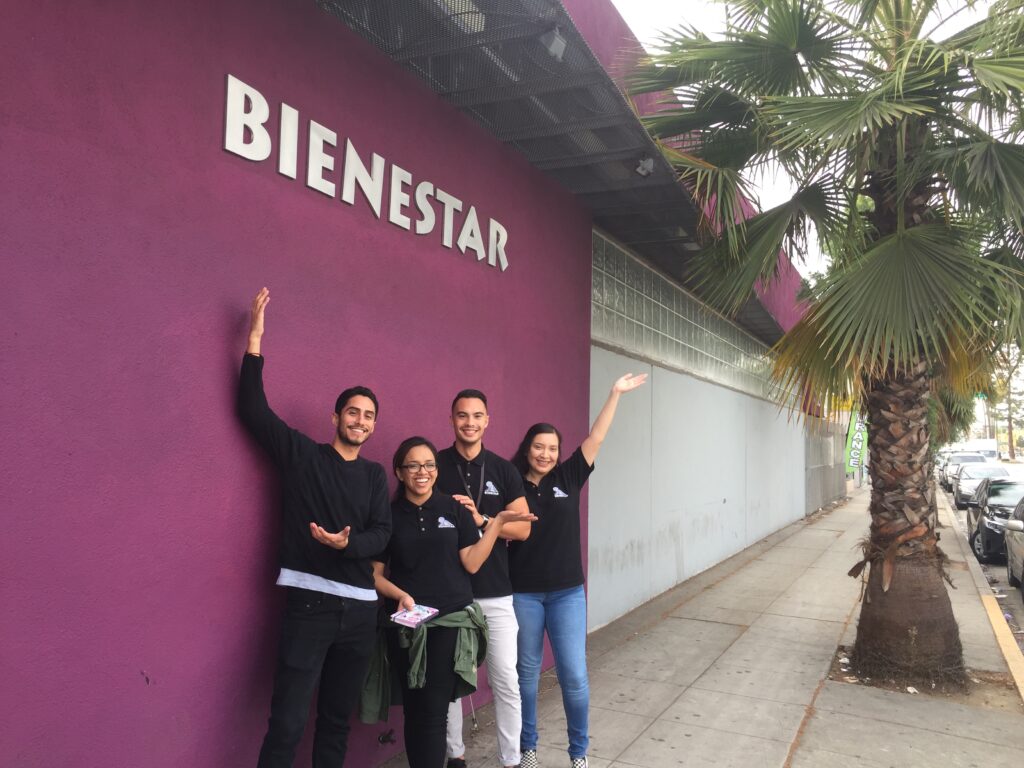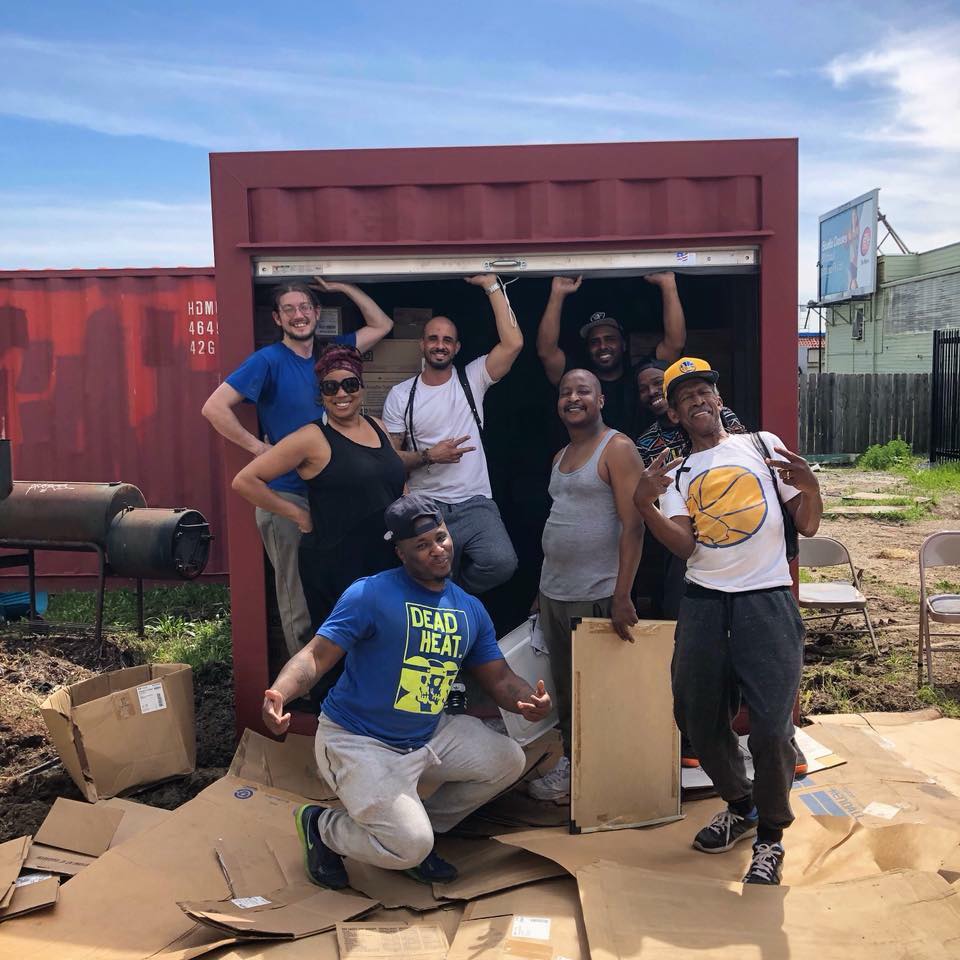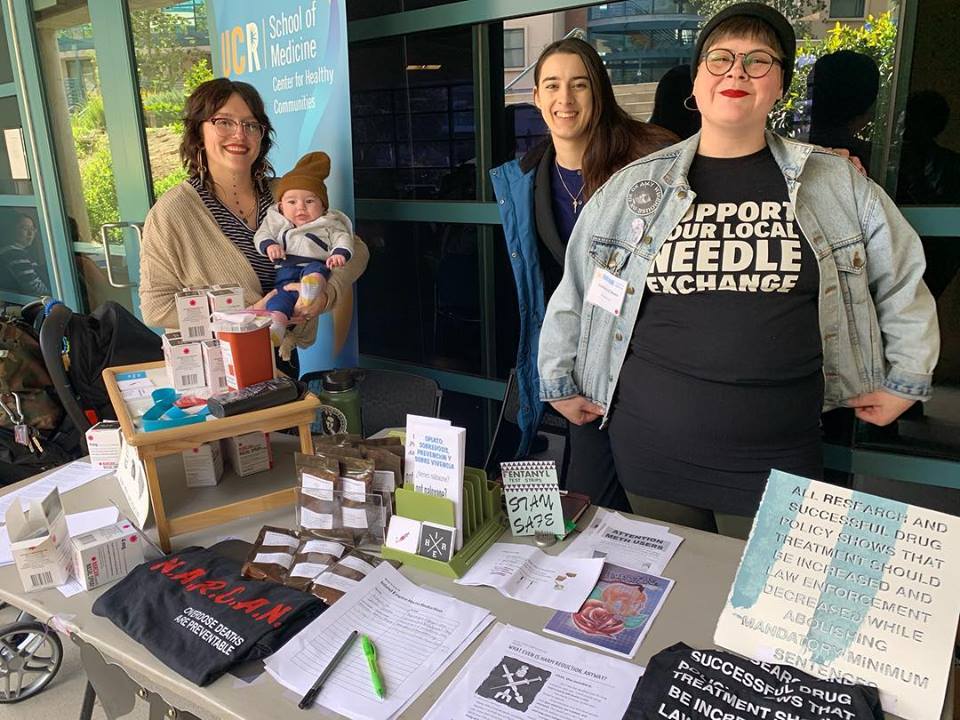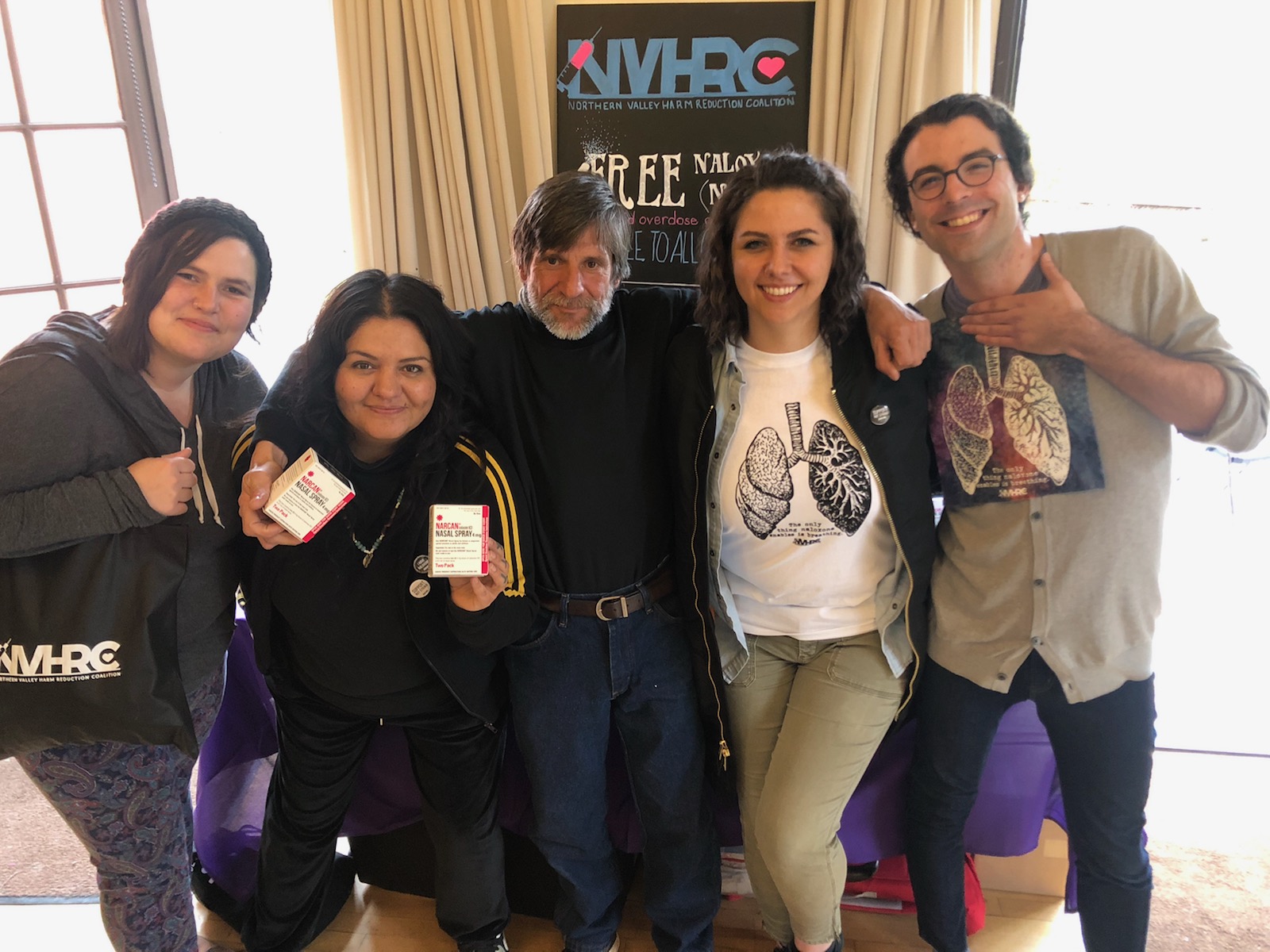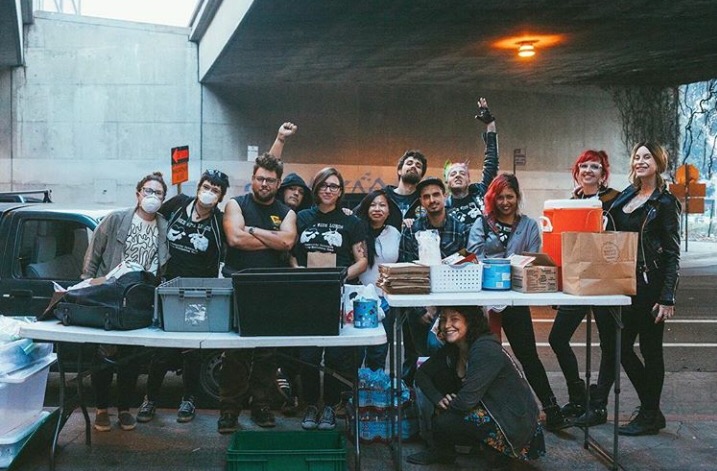National Harm Reduction Coalition has been selected by the California Department of Public Health, Office of AIDS to lead the California Harm Reduction Initiative (CHRI — pronounced “cheery”) with funding from the California Budget Act of 2019. The initiative will support an expansion of services and staffing at syringe service programs (SSPs), as well as technical assistance for many programs that have been operating with little to no staffing support for years.
This funding will support the addition of Harm Reduction Care Navigator positions for SSPs to hire a dedicated person to effectively reach people who are not in treatment, provide health education information including overdose prevention and link people to syringe access, overdose prevention, drug treatment and healthcare services.
In California, and across the United States, accidental overdose is the leading cause of death for people under 50.
“CHRI is a critical investment in harm reduction services that we haven’t seen for more than a decade in California,” said Monique Tula, Executive Director of HRC. “Ending HIV, hepatitis and overdoses among people who use drugs won’t happen without sustainable funding. In one of the defining crises of our time, public officials in other states must demonstrate the same commitment to expanding harm reduction programs because lives depend on it.”
The initiative is funded for four years under the California Budget Act of 2019, with $12.6 million to support staffing at SSPs and $1.8 million for technical assistance and program administration. The national Harm Reduction Coalition will lead subcontracting eligible California SSPs and provide technical assistance to organizations that will be expanding staffing under CHRI.
“Harm Reduction Coalition has a proven track record as a technical assistance provider in a broad range of harm reduction topics, from overdose prevention to best practices for syringe services programs,” said Dr. Marisa Ramos, Interim Chief of the California Department of Public Health’s Office of AIDS. “The recent success of their HepConnect project, which has awarded more than $5.3 million in grant funding to 44 projects in five states, has given HRC extensive experience in directly supporting harm reduction organizations. We are excited to partner with them on this important initiative to improve the quality, capacity and reach of syringe service programs in California.”
Harm reduction providers have been building trusting relationships that position them to provide unique care and service to people impacted by lack of access.
“Since 1995, we have evolved from a simple syringe exchange to a drug user health organization. Until this funding, we have never been compensated for this vital public health work. This funding will change everything and bring recognition and awareness to harm reduction as a vital modality,” said Annunziata van Voorene, MSW, LCSW of Any Positive Change Lake County.
“For more than a decade, we have been unable to have face to face contacts with 65% of the people we serve, depriving them of essential connections and linkages to medical, behavioral and treatment services available in more populated areas of the County,” said Libby Guthrie, Executive Director of the Mendocino County AIDS/Viral Hepatitis Network.
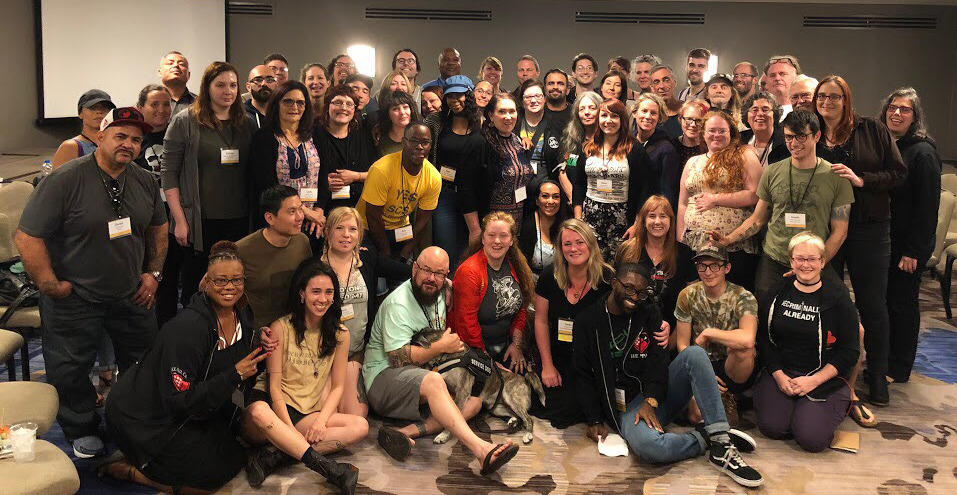
The California Syringe Exchange Programs (CASEP) coalition led a multi year campaign to secure this money in the California State Budget. The support from the state legislature and Governor Newsom has created an opportunity for deep investment in harm reduction effort in California. For historical context, please review the release: “California Funds Staff at Syringe Service Programs for the First Time in 10 Years.”
“At the national Harm Reduction Coalition, we are so excited that after many years of offering technical assistance, training and support on policy advocacy in California, we can offer what programs said they have needed most to reduce the social and health harms of drug use in their communities: People to do the work,” said Savannah O’Neill, Capacity Building and Community Mobilization Manager at HRC. “As partners on CHRI, we are committed to ensuring these resources fund programs who have been on the front lines supporting the majority of people who use drugs through syringe and naloxone access, engaging in outreach and providing linkage to care often with minimal, if any, staffing support.”
For more information, please contact Savannah O’Neill, MSW, CATC — Capacity Building and Community Mobilization Manager at Harm Reduction Coalition at oneill@harmreduction.org.

